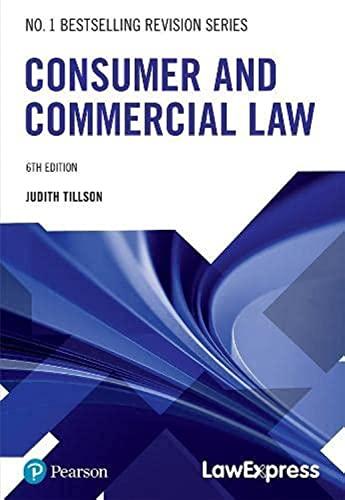Question
Robert was convicted of First Degree Murder. His case was appealed in a habeas corpus petition to the U.S. Supreme Court on an ineffective assistance
Robert was convicted of First Degree Murder. His case was appealed in a habeas corpus petition to the U.S. Supreme Court on an ineffective assistance of counsel claim. During the trial, Robert's counsel determined not to seek psychiatric reports since a psychiatric exam conducted by the state after Robert's arraignment had stated there was no indication of mental illness. The attorney instead relied on a plea colloquy and thereby cut off the state's use of psychiatric rebuttal testimony. Furthermore, in reviewing the state habeas corpus petition the state supreme court concluded that the aggravating circumstances were so overwhelming that no substantial prejudice resulted from the absence at the sentencing of the psychiatric evidence.
In examining Robert's habeas corpus appeal, how should the U.S. Supreme Court rule?
A. The conduct of the attorney was not deficient in that his decision was reasonable
B. The conduct of the attorney was not prejudicial as evidenced by the state supreme court's holding on the state habeas corpus petition
C. The failure of Robert's counsel to submit a psychiatric report was prejudicial to Robert and should have been done in a case where capital punishment was at issue
D. Both the conduct of the attorney was not deficient in that his decision was reasonable, and the conduct of the attorney was not prejudicial as evidenced by the state supreme court's holding on the state habeas corpus petition
Step by Step Solution
There are 3 Steps involved in it
Step: 1

Get Instant Access to Expert-Tailored Solutions
See step-by-step solutions with expert insights and AI powered tools for academic success
Step: 2

Step: 3

Ace Your Homework with AI
Get the answers you need in no time with our AI-driven, step-by-step assistance
Get Started


